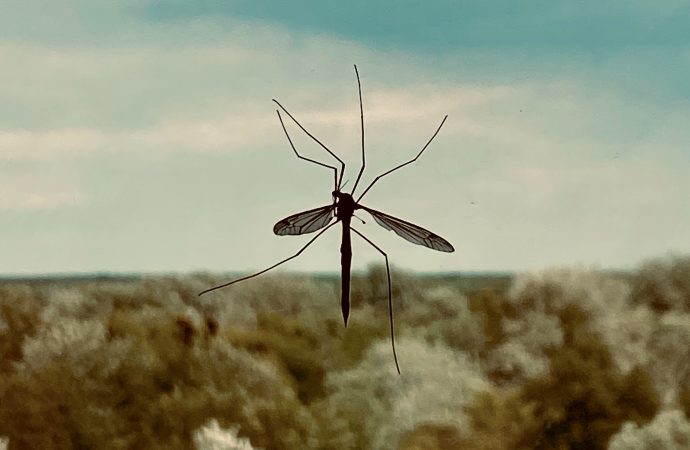Introduction: With the arrival of warmer weather, mosquitoes become an inevitable annoyance. From pesky bites to the potential transmission of diseases, finding effective ways to repel these buzzing insects is a top priority. In this article, we explore a curious and unconventional approach: using soap as a mosquito repellent. Could this simple bathroom staple be
Introduction:
With the arrival of warmer weather, mosquitoes become an inevitable annoyance. From pesky bites to the potential transmission of diseases, finding effective ways to repel these buzzing insects is a top priority. In this article, we explore a curious and unconventional approach: using soap as a mosquito repellent. Could this simple bathroom staple be the secret weapon in our battle against mosquitoes?
The Traditional Mosquito Repellent Landscape:
Traditionally, mosquito repellents have relied on ingredients such as DEET or picaridin, which are effective at keeping the blood-sucking pests at bay. However, concerns about potential health risks and environmental impacts associated with these chemical-based repellents have sparked a quest for safer and more sustainable alternatives.
The Surprising Power of Soap:
Recent research has shed light on an unexpected mosquito-repelling property of soap. It turns out that certain types of soap, particularly those with strong fragrances and plant-based ingredients, can effectively repel mosquitoes. This discovery has opened up a new avenue for exploring natural and accessible repellents that are safe for humans and the environment.
Understanding the Mechanism:
The exact mechanism by which soap repels mosquitoes is still being investigated. However, scientists speculate that the strong scent of the soap masks the chemical cues that mosquitoes use to locate their human hosts. By interfering with their ability to detect our presence, soap disrupts the mosquito’s feeding cycle, reducing the likelihood of bites.
Types of Soap to Consider:
Not all soaps are created equal when it comes to mosquito repellency. Natural soaps that contain essential oils derived from plants known for their insect-repelling properties, such as citronella, eucalyptus, and lemongrass, have shown promising results. These fragrant oils not only add a pleasant aroma to the soap but also act as natural deterrents for mosquitoes.
DIY Soap Repellent Recipes:
For those interested in exploring soap as a mosquito repellent, homemade options provide a customizable and cost-effective approach. Mixing a few drops of essential oil with a fragrance-free liquid soap or adding grated soap to water and creating a spray can yield a DIY mosquito repellent. However, it is important to follow recommended guidelines and proportions to ensure safety and efficacy.
Scientific Validation and Field Testing:
As with any new mosquito repellent discovery, scientific validation and field testing are crucial to confirm the effectiveness of soap as a mosquito deterrent. While initial studies have shown promising results, further research is needed to understand the optimal concentrations and application methods for different soap types. Rigorous testing will help establish soap’s role as a viable mosquito repellent option.
Considering Limitations and Precautions:
While soap-based repellents offer a potential alternative, it is important to note that their effectiveness may vary depending on factors such as mosquito species and environmental conditions. Additionally, individual sensitivities and allergies to soap ingredients should be taken into account. Consulting with a healthcare professional or dermatologist is recommended before.

















Leave a Comment
Your email address will not be published. Required fields are marked with *